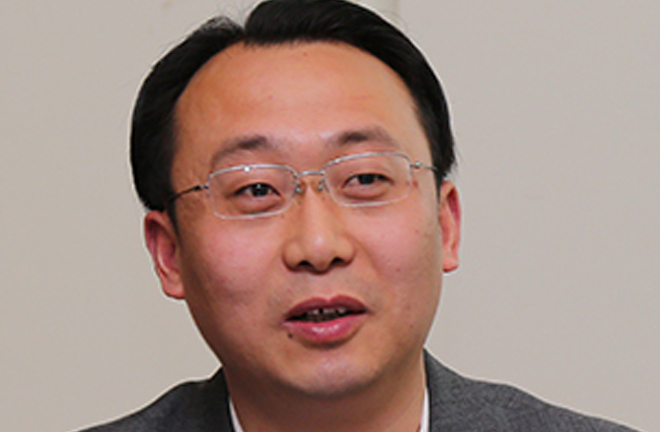CHEN JUN: Administrators should not intervene in evaluation
 China has recognized the need to reform the process of evaluating scientific research achievements. As far as I’m concerned, the key to the reform is for researchers, evaluators and administrators to each play their parts well.
China has recognized the need to reform the process of evaluating scientific research achievements. As far as I’m concerned, the key to the reform is for researchers, evaluators and administrators to each play their parts well.
Above all, researchers should have correct values and adopt a positive attitude when conducting scientific research. They should work in a down-to-earth manner instead of seeking utilitarian purposes. And they cannot increase the quantity of papers through plagiarism or by taking advantage of special connections to get their papers published or recognized. In addition, researchers should strike a balance between scientific research and other work, such as teaching, and between quantity and quality.
The large quantity of low-quality papers has prompted much criticism of the evaluation process. For evaluators, fairness must be put first. They should respect facts to ensure the authority of the evaluation and maintain academic credibility. They cannot engage in favoritism or practice fraud for personal gain. Instead, they should simultaneously play the role of talent scout and judge to cultivate a fair, transparent atmosphere for academics.
Moreover, evaluators should show a high sense of responsibility. To drive the development of scientific research, the evaluation should first withstand the test of their own consciences before becoming authoritative. The suggestion that academia needs to introduce third-party evaluation highlights the problem of irresponsible evaluators. However, third-party evaluation will also fail if evaluators fall short of these requirements.
For administrators, the most important task is setting up a scientific platform for evaluation. Administrators should clarify their responsibilities while formulating effective rules and regulations governing evaluation. They are organizers of the evaluation and cannot intervene in the process. The fundamental goal is for evaluation to serve academic development.
For example, the relationship between the ranking of a publication and the quality of papers needs to be addressed. The question is how to evaluate a paper written by a less well-known scholar but published in a journal included in the Chinese Social Sciences Citation Index (CSSCI) versus a paper written by a renowned scholar but published in a journal that is not included in CSSCI. It is too inflexible to use the influence and ranking of the journals as the only criteria for judging the quality of papers. Thus, administrators need to reflect on the complicated influence of the ranking on the evaluation.
If researchers, evaluators and administrators behaved as suggested, there would be no motivation for reform in the evaluation. On the contrary, any perfect system will be of no avail.
Researchers are responsible for the achievements that are the target of the evaluation. Evaluators are responsible for the process, while administrators are responsible for the construction of a long-term institutional framework. With each of them doing their own part, the blueprint for reform of the evaluation process will become a reality.
Chen Jun is from the Humanities and Social Sciences Department at Yangzhou University in Jiangsu Province.

 PRINT
PRINT CLOSE
CLOSE